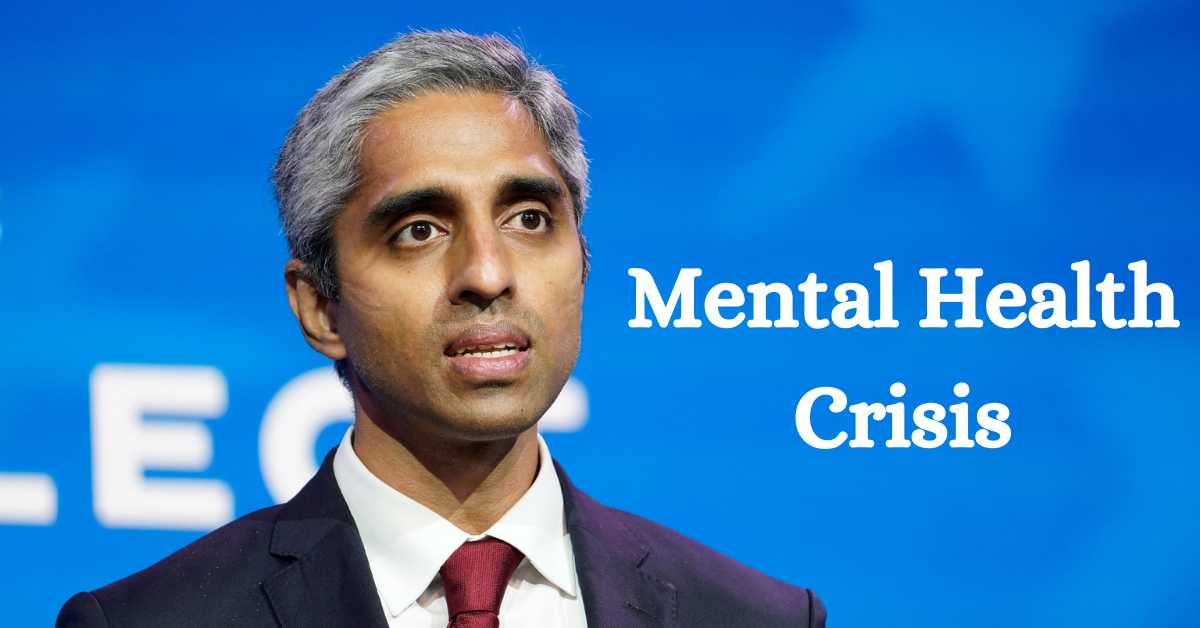In recent times, the United States has witnessed a surge in mental health issues, prompting national attention and concern. Addressing this pressing matter, U.S. Surgeon General Vivek H. Murthy has taken the forefront, shedding light on the escalating mental health crisis and emphasizing the need for immediate intervention.
The Growing Concern
The mental health crisis is not just a fleeting concern; it’s a deep-rooted issue that has been exacerbated by various factors, including the ongoing global pandemic.
The isolation, economic downturn, and the constant barrage of distressing news have taken a toll on the mental well-being of many Americans. This has led to an increase in cases of anxiety, depression, and other mental health disorders.
Vivek H. Murthy’s Address
U.S. Surgeon General Vivek H. Murthy, recognizing the gravity of the situation, has voiced his concerns about the rising tide of mental health challenges.
While specific details from his address on The LA Insider could not be directly accessed due to content restrictions, it’s evident that Murthy’s emphasis on this issue is a clarion call for action. His proactive approach underscores the federal government’s commitment to tackling this crisis head-on.
The Implications of the Crisis
The ramifications of the mental health crisis are manifold. It’s not just about individual suffering; the ripple effects are felt across communities and the nation at large. There’s a direct correlation between mental health and productivity, societal harmony, and even economic prosperity. Ignoring this crisis could have long-term detrimental effects on the country’s socio-economic fabric.

Steps Forward
Addressing the mental health crisis requires a multi-pronged approach. It’s not just about providing therapy or medication; it’s about creating an environment where mental well-being is prioritized. This includes:
Awareness Campaigns: There’s a need to destigmatize mental health issues, making it easier for individuals to seek help without fear of judgment.
Accessible Healthcare: Mental health services should be easily accessible to all, regardless of their economic status. This includes telehealth services, which have proven invaluable during the pandemic.
Community Support: Grassroots community programs can play a pivotal role in providing support to those in need. From support groups to community counseling, localized efforts can make a significant difference.
Policy Changes: On a broader scale, there’s a need for policy changes that prioritize mental health. This includes increased funding for mental health programs and integrating mental health into general healthcare services.
Conclusion
The mental health crisis is a ticking time bomb, and the alarm has been sounded by none other than the U.S. Surgeon General Vivek H. Murthy. As the nation grapples with this challenge, it’s imperative to adopt a holistic approach, ensuring that every individual, irrespective of their background, has access to the care and support they need. The time for action is now, and with concerted efforts, the U.S. can pave the way for a mentally healthier future.
Disclaimer
This article is for informational purposes only and does not constitute professional advice. The information is provided in good faith, but we cannot guarantee its accuracy or completeness. Readers are advised to seek expert consultation before making any decisions based on the content. All views expressed are those of the author and not necessarily reflective of any organization or other individuals.